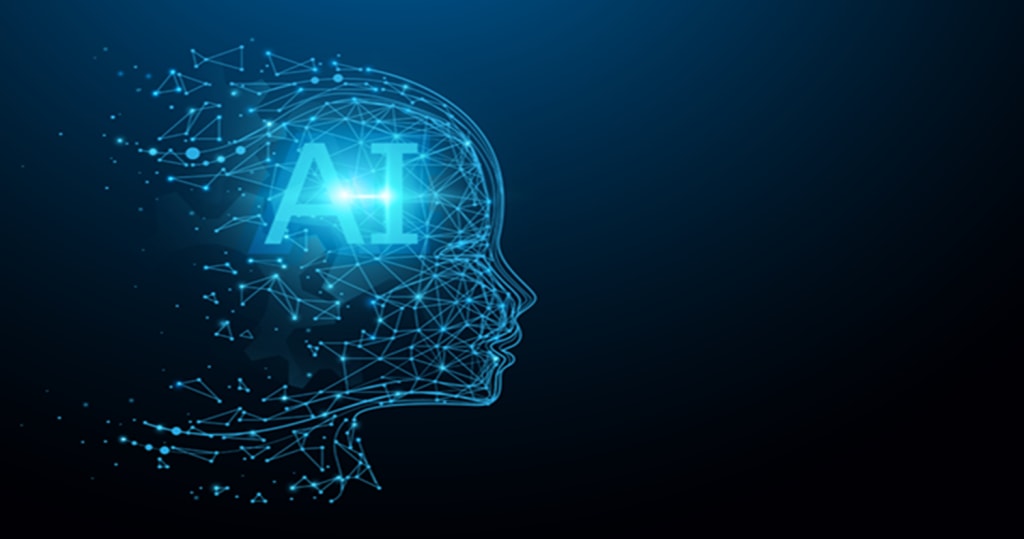What is Artificial Intelligence?
Is it going to change the world

Introduction
Artificial Intelligence (AI) is a rapidly growing field that has the potential to revolutionize the way we live and work. From self-driving cars to virtual personal assistants, AI is already making a big impact in many areas of our lives. But what exactly is AI, and how does it work?
What is AI?
Artificial intelligence (AI) is a branch of computer science that aims to create systems that can perform tasks that typically require human intelligence, such as understanding natural language, recognizing objects in images, and making decisions. There are several different approaches to creating AI, but some of the most common methods include:
Machine Learning: This is a method of training a computer system to make predictions or decisions based on data. This can be done using a variety of techniques, such as supervised learning (where the system is provided with labeled examples), unsupervised learning (where the system is not provided with labeled examples), and reinforcement learning (where the system learns through trial and error).
Neural Networks: These are a type of machine learning model that are inspired by the structure and function of the human brain. Neural networks consist of layers of interconnected nodes, or "neurons," that process input data and make predictions or decisions.
Expert Systems: These are AI systems that are designed to perform a specific task or make a specific decision. Expert systems use a knowledge base of facts and rules to make inferences and reach conclusions.
Natural Language Processing: This is a branch of AI that focuses on the interaction between computers and human language. It includes techniques for understanding, analyzing, and generating natural language text and speech.
Robotics: This is a branch of AI that focuses on the design and development of robots, which are machines that can be programmed to perform tasks autonomously. Robots can be equipped with sensors, actuators, and AI algorithms to perform tasks such as navigation, manipulation, and perception.
All these techniques and approaches used in AI are based on mathematical models and algorithms that are designed to be able to process and analyze large amounts of data, learn from it, and make predictions or decisions based on that data.
Advancement in AI
The field of AI research began in the 1950s, but it has been in the past decade that it has seen significant advancements. The availability of large amounts of data and the development of more powerful computer hardware has led to the creation of more advanced AI systems. In addition, the field of machine learning, a subset of AI, has grown exponentially in recent years, with new techniques and algorithms being developed to improve the ability of AI systems to learn from data. The use of AI is becoming more prevalent in many industries, including healthcare, finance, and transportation.
Impact of AI in our life
Artificial intelligence (AI) has had a significant impact in many areas, including healthcare, finance, transportation, and manufacturing. In healthcare, AI is being used to analyze medical images, such as CT scans and X-rays, to assist doctors in detecting diseases such as cancer. It is also being used to improve drug development and personalized medicine. For example, AI algorithms can help identify patterns in patient data that may indicate a certain disease or condition, which can assist doctors in making a diagnosis. Additionally, AI can be used to analyze genetic data to identify potential drug targets for certain diseases.
In finance, AI is used to detect fraudulent transactions, predict stock prices, and analyze financial data. Banks and other financial institutions are using AI-based systems to detect fraudulent transactions and protect against financial crimes. Additionally, AI is being used to analyze financial data and make predictions about stock prices and other market trends. This can help financial professionals make better investment decisions.
In transportation, AI can improve self-driving cars and optimize logistics and supply chain management. Self-driving cars use AI to navigate roads and make decisions about when to brake, accelerate, and turn. Additionally, AI is being used to optimize logistics and supply chain management, which can help companies reduce costs and improve efficiency.
In manufacturing, we are using AI to improve quality control and increase efficiency in production lines. AI-based systems can be used to monitor production processes and identify potential issues before they become problems. Additionally, AI can be used to optimize production schedules and reduce waste.
AI is being used in education to personalize learning experience. AI-based systems can analyze student data and identify areas where the student may need extra help. Additionally, AI can be used to create customized lesson plans for students based on their individual needs.
AI application in customer service to provide more personalized and efficient service is enormous. Chatbots and virtual assistants are being used to answer customer questions and provide assistance. Additionally, AI can be used to analyze customer data to identify trends and make recommendations.
AI use in entertainment, such as video games, movies, music, and more. AI-based systems can be used to create more realistic characters and environments in video games, as well as to generate new music and other creative content. Additionally, AI can be used to analyze audience data and make recommendations about what content to create next.
AI can improve cybersecurity and protect against cyber attacks. AI-based systems can be used to identify and respond to potential cyber threats, as well as to protect against future attacks. Additionally, AI can be used to analyze network data and identify potential vulnerabilities.
AI is used to improve the energy sector, such as smart grid. AI-based systems can be used to optimize the distribution of electricity, as well as to predict and respond to changes in energy demand. Additionally, AI can be used to analyze data from renewable energy sources such as solar and wind power.
Conclusion
AI has the potential to revolutionize industries and change the way we live our lives, but it is important to remember that the development of AI also raises important ethical questions. As AI becomes more advanced, it's crucial that we ensure that the technology is used in a responsible and beneficial way, and that we take steps to mitigate any potential risks. By working together and having open, honest conversations about the future of AI, we can help to ensure that this powerful technology is used to benefit everyone.
About the Creator
Enjoyed the story? Support the Creator.
Subscribe for free to receive all their stories in your feed. You could also pledge your support or give them a one-off tip, letting them know you appreciate their work.





Comments (2)
Keep up the good work. 👍
Nice work